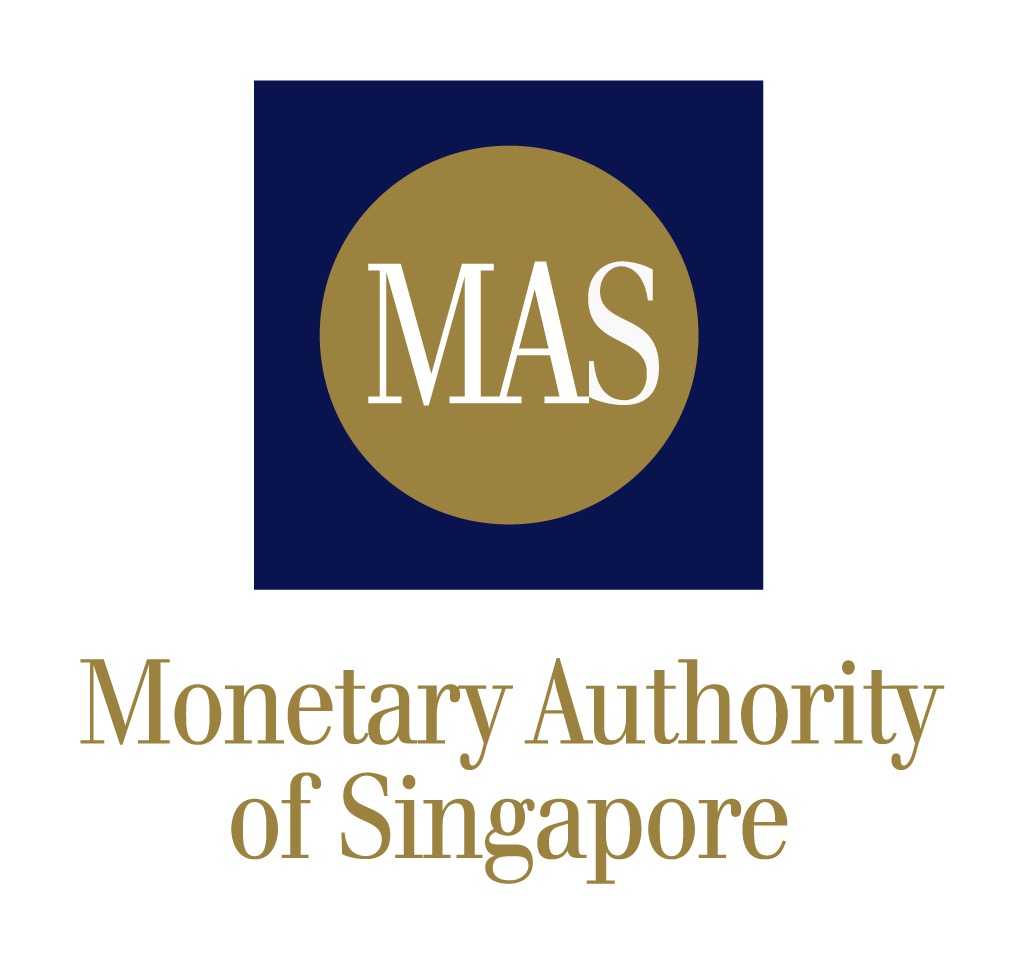Currencies have evolved since the introduction of global blockchain technology twenty years ago.Blockchain is a complex technology that powers the creation of cryptocurrencies like Bitcoin and facilitates other digital distributed ledger transactions.With more people investing in crypto assets now more than ever before, the global digital currency market is likely to grow over the next decade.However, the future remains unknown as this year’s crypto market crash lead to the first bankruptcy filings by cryptocurrency lending platforms.
It is crucial to monitor how the bankruptcy courts treat digital assets and creditors as this will have a hand in future market trends.
After World War II, the Bretton Woods pact became effective making the U.S.dollar the dominant global currency backed by gold reserves.In 1971, President Nixon decoupled the dollar from the gold standard, however, the dollar has remained the dominant form of global currency.
Today, the fiat currency model still prevails as a benchmark for global transaction values.
The regulated currency and banking systems in the U.S.operate within a centralized finance structure backed by multiple layers of monitoring and compliance.For example, investors around the world have trust in the U.S.dollar because it is secured by the full faith and credit of the government, subject to reporting by multiple agencies, and the deposits are FDIC insured.
These protections provide an inherent sense of security and make it easier to transact with other countries that also use fiat currency.
In 2009, cryptocurrency was introduced as a new asset which was supported by blockchain technology.There is now a wide array of digital currencies available for investment.These decentralized finance options are in the form of tokens or coins which are algorithm-created, uninsured, and not regulated by any agency of the federal or state governments.
With decentralized finance exchanges investors are, in some instances, surrendering their crypto assets to an unregulated entity which in turn may leverage that asset without proper consumer protections.The absence of any governmental oversight with the associated fees of intermediaries has proved very appealing to many investors.The popularity of crypto investing has grown over the past 14 years.Even so, the total market share of the crypto asset sector today totals around $1.5 trillion.The current crypto market crash aka “the 2022 crypto winter” has resulted in an increase in bankruptcy filings.
How these matters play out will continue to shed light on the sector as a viable asset class for future investments.
In July 2022, cryptocurrency trading platforms Voyager Digital and Celsius Networks filed for chapter 11 bankruptcy.Customers can no longer withdraw, swap, or transfer crypto assets from their accounts during the pending reorganizations.While representatives from Voyager have indicated that deposits made with U.S.dollars are expected to be credited back to customers, this is a legal issue pending before the court who will decide the ultimate ownership disposition of the currency held in the bankruptcy estate.In September, a large crypto-mining data center Compute North also filed for chapter 11 bankruptcy.
It will prove interesting to observe how the court treats the reorganization plans presented by each company.Others have chosen to liquidate, including crypto hedge fund company Three Arrows Capital.The hedge fund could not secure a viable plan to reorganize its operations and turned to an orderly liquidation.
Several unique issues surround this type of bankruptcy action, including the following:
It will be interesting to observe how these, and other key factors, play out in bankruptcy courts and reorganization plans.
The intersection of cryptocurrency and bankruptcy presents a unique opportunity for the courts to have a hand in shaping the future security of these new assets.
The decisions made by the bankruptcy courts could expediate the regulatory framework required to support a robust crypto currency market, but this will evolve over time as these cases go through the chapter 11 process.Here are five predictions on what could materialize in the cryptocurrency sector:
It is unknown whether a decentralized finance model will ever prevail as dominant currency, but as of now it is safe to say that this is not a possibility.With crypto prices dropping and bankruptcies surfacing, usage will likely stall until more clarity is provided on the ambiguities discussed above.Customers of struggling lending platforms are playing the waiting game until restructuring plans and favorable decisions unfold in the bankruptcy courts.It will be interesting to see what is in store for the future of crypto and what role these bankruptcies will play in the larger global economy.
[View source.]
See more »
Refine your interests »
Back to Top
Explore 2022 Readers’ Choice Awards
Copyright © var today = new Date(); var yyyy = today.getFullYear();document.write(yyyy + ” “); JD Supra, LLC.
